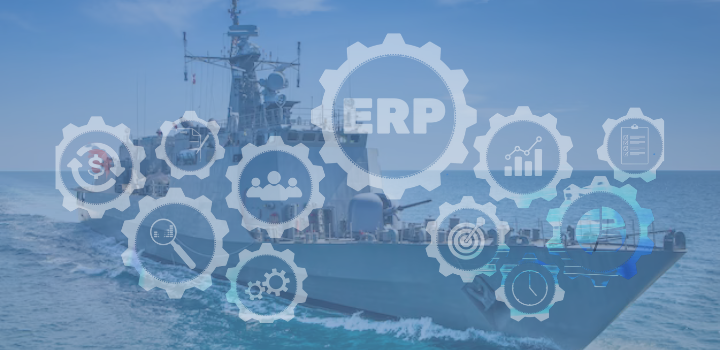
Welcome aboard, fellow sailors of success! Today, we are setting sail on a riveting voyage into the world of maritime enterprise resource planning (ERP) systems. As modern technology continues to transform the maritime industry at an astonishing pace, it is crucial for businesses to navigate through the choppy waters with agility and customization. In this blog post, we will dive deep into the crucial role that customization and adaptability play in achieving a victorious journey with your ERP system. So tighten your grip on the helm and get ready to explore how tailor-made solutions can steer you towards unparalleled efficiency, improved decision-making capabilities, and ultimately, triumph over your competitors in this dynamic seascape.
ERP, or Enterprise Resource Planning, is a type of software system that helps businesses manage and integrate various core processes such as accounting, human resources, supply chain management, project management and customer relationship management. It allows for streamlined communication and data sharing across different departments within an organization.
In the maritime industry specifically, ERP systems play a crucial role in facilitating efficient operations and keeping up with the fast-paced nature of the industry. These systems are designed to handle complex tasks and provide real-time information for decision making.
One of the main benefits of using an ERP system is its ability to centralize data from different departments into a single unified platform. This eliminates redundant processes such as manual data entry and reduces errors caused by double handling of information.
Additionally, having all essential business data stored in one place allows for better analysis and reporting capabilities. This gives decision-makers access to real-time information which can help them make well-informed decisions quickly.
The maritime industry has always been one of the key drivers of global trade and commerce, with ships carrying goods and products across oceans to different parts of the world. In order to maintain its position as a crucial player in international trade, the industry has continuously evolved and adapted to changing economic, technological, and environmental conditions.
In this constantly evolving landscape, the need for customization and adaptability in maritime operations has become more important than ever before. As such, modern shipping companies are increasingly turning towards enterprise resource planning (ERP) systems that offer tailor-made solutions for their specific needs.
Customization is the process of tailoring a product or service to meet the unique requirements of a particular organization or business. In the maritime industry, where each company has its own set of processes, workflows and operational challenges, having an ERP system that can be customized according to these specific needs is crucial. By customizing their ERP system, shipping companies can optimize their processes and workflows to match their individual requirements, leading to increased efficiency and productivity.
One of the biggest advantages of customization in ERP systems is its ability to streamline communication between different departments within a shipping company. With customized features such as dashboards, task lists and data reporting tools designed specifically for each department’s needs, communication becomes much more efficient.
Additionally, customization also allows for better integration with other existing software or systems that a shipping company may already be using. This not only saves time but also reduces errors caused by manual data entry between separate systems.
13th Floor, Bay View Towers,
Plot No.7,Sector 11,
CBD Belapur-400614,
Navi Mumbai, Maharashtra(India)
+91 22 45251000
info@triguninfotech.com

 sitemap.xml
sitemap.xml
